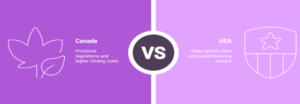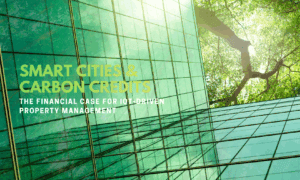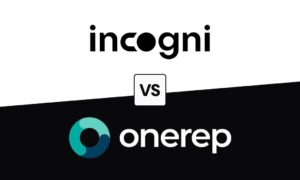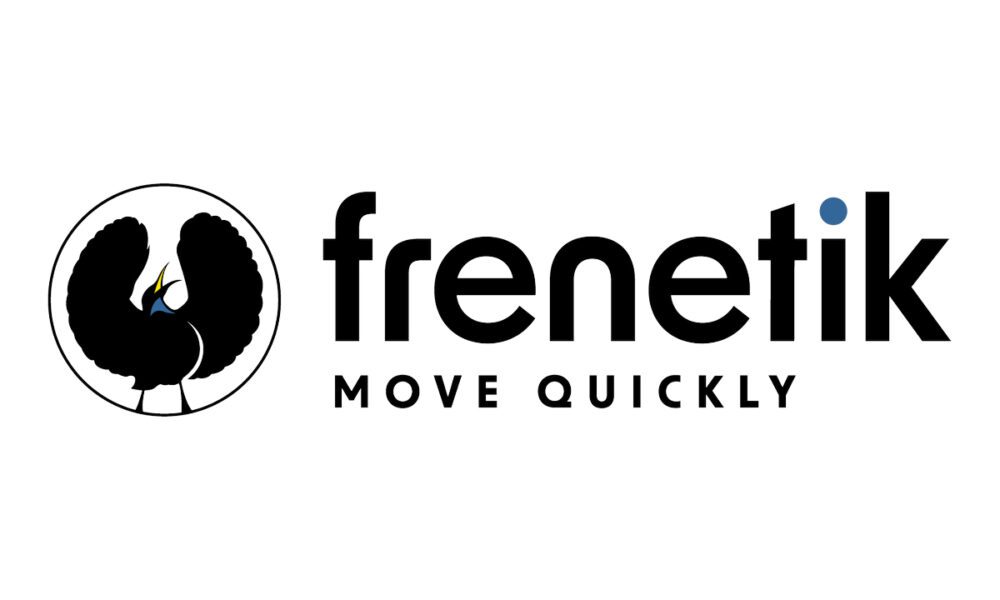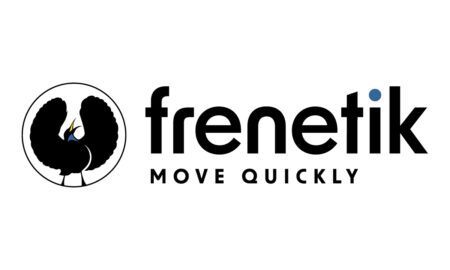Real Estate Transactions in Canada and the USA for Toronto Buyers and Sellers in 2025
The world of real estate can feel overwhelming, especially when dealing with cross-border transactions. Toronto, as one of North America’s fastest-growing markets, is at the forefront of this movement. Whether you’re a Canadian buyer eyeing U.S. properties or an American investor exploring Toronto real estate, understanding key differences is essential to making smart decisions.
This guide explores the crucial distinctions between real estate transactions in Canada and the U.S., offers insights into market trends for 2025, and provides actionable tips for prospective buyers and sellers, including getting advice for bookkeeping for real estate investors in Toronto.
What You’ll Learn
- How real estate laws differ between Canada and the U.S.
- The step-by-step process of buying a property in Toronto and the U.S.
- Key tax implications and market trends to consider in 2025
- How technology is shaping real estate transactions
Our goal is simple—to empower you with the knowledge you need for a seamless buying or selling experience.
Exploring Key Differences Between Real Estate Transactions in Canada and the USA
Legal and Regulatory Framework
Canada: Real estate transactions are governed provincially in Canada. For instance, in Ontario, buyers must conduct a title search and use a lawyer to finalize the deal. Ownership is straightforward, with most properties being freehold.
USA: Real estate laws vary from state to state. For example, in Florida, buyers may need title insurance, and closing attorneys aren’t always mandatory. Unlike Canada, certain states offer leasehold properties or other ownership models that may be unfamiliar to Canadian buyers.
Financing and Mortgage Options
- Canada: Mortgage down payments start at 5% for first-time buyers, but Toronto’s competitive market often pushes this higher. Mortgage rates are influenced by the Bank of Canada.
- USA: Down payments typically range from 3% to 20%, depending on your credit score and the loan program. U.S. buyers often rely on 30-year fixed-rate mortgages, while Canadian loans usually have shorter fixed terms, like 5 years.
Closing Costs and Hidden Fees
Canada (Toronto): Expect legal fees, land transfer taxes, and possibly a Toronto-specific Municipal Land Transfer Tax. Combined, these can account for an additional 4%-5% of the purchase price.
USA: Closing costs include title insurance, escrow fees, and property taxes. These typically range from 2%-5% of a home’s price, varying by state. FIRPTA rules may also apply if you’re selling as a Canadian.
The Real Estate Transaction Process for Buyers in Toronto
Step-by-Step Process
- Property Search: Use reputable real estate platforms or hire a local agent for listings in desired neighborhoods.
- Make an Offer: Submit an offer with a deposit (usually 5%-10% of the home price). Negotiations may follow.
- Legal Checks: Your lawyer will conduct a title search, ensuring no liens or issues exist.
- Mortgage Approval: Get pre-approved before shopping and finalize your loan once the bid is accepted.
- Closing Day: Sign papers, pay the remaining balance, and officially own the property.
Common Pitfalls to Avoid
- Ignoring Taxes: Toronto’s Municipal Land Transfer Tax can surprise buyers, adding thousands to closing costs.
- Skipping a Home Inspection: Even new builds can have unseen issues. Protect your investment.
The Real Estate Transaction Process for Buyers in the USA
Step-by-Step Process
- Search for Properties: Popular U.S. destinations for Canadian buyers include Florida, Arizona, and California.
- Secure Financing: Work with local lenders familiar with cross-border borrowers.
- Make an Offer: Include contingencies for inspections and financing.
- Conduct Due Diligence: Title searches, escrow services, and surveys are essential.
- Close the Deal: Expect to pay closing costs, sign agreements, and transfer funds.
Key Considerations for Toronto Buyers
- Higher Property Taxes: Florida’s rates average 1.1%, translating to thousands annually on high-value homes.
- Currency Risks: A favorable exchange rate can make U.S. purchases significantly cheaper.

Impact of Toronto Market Trends on Real Estate Transactions in 2025
Market Forecast
Toronto continues to be a seller’s market in 2025. The average home price in the Greater Toronto Area (GTA) is projected to exceed $1.25 million, driven by population growth and limited inventory.
Key Drivers
- Policy Changes: An increase in foreign buyer taxes (now 25%) could limit demand from overseas buyers.
- Economic Trends: A stable Canadian dollar amidst U.S. inflation may make Toronto real estate attractive to American investors.
How Technology Enhances Real Estate Transactions
Tools Revolutionizing the Industry
- Virtual Tours: Platforms like Matterport enable 3D walkthroughs, saving international buyers travel hassle.
- E-Signatures: Apps such as DocuSign simplify the signing process, speeding up cross-border deals.
- AI-Powered Platforms: Advanced tools analyze market trends to predict property appreciation rates.
The Future is Blockchain
Blockchain technology promises secure, transparent property transfers. Pilot programs in Canada are already reducing fraud risks and transaction timelines.
Tax Considerations in Real Estate Transactions
Property Taxes in Toronto
Toronto’s land transfer tax can add significant costs. Combine this with Ontario’s Non-Resident Speculation Tax (25%), which applies to foreign buyers.
Cross-Border Capital Gains
- Canada: Half of your capital gains are taxable.
- USA: Sell your property after holding it for over a year to benefit from a long-term capital gains tax rate of 15%–20%, compared to the short-term rate of 37%.
Investment Opportunities in Toronto and the USA
Best Places to Invest in Toronto
Neighborhoods like Leslieville and Liberty Village are seeing 7%–10% year-over-year property appreciation. These areas are ideal for investors seeking rental income.
Attracting Canadian Investors to the USA
Florida and Arizona remain hot markets for Toronto buyers, offering lower-priced homes and strong rental returns. Cities like Tampa and Scottsdale feature properties priced under $400,000, which are rare in Toronto.
Your Questions Answered
What is the best time to buy real estate in Toronto?
Spring and fall often have better listings. However, buying in December may offer less competition and better deals.
How can Canadian buyers avoid FIRPTA taxes when selling in the U.S.?
Filing IRS Form 8288-B early allows you to reduce or reclaim the 15% withholding tax quickly.
What’s the difference between a lawyer’s role in Canada and the U.S. real estate transactions?
Canadian real estate lawyers manage all aspects, including title searches and closings. U.S. transactions often rely on escrow and title agents.
Do Canadian mortgage pre-approvals work in the U.S.?
No, you’ll need to secure financing through a U.S. lender familiar with cross-border transactions.
How much can I save by holding an investment property longer in the U.S.?
Holding more than one year lowers your capital gains tax from 37% to 15%-20%, a potential savings of $22,000+ on a $120,000 gain.
Wrapping Up – Real Estate Transactions Canada USA
Understanding the complexities of cross-border real estate transactions is critical in today’s evolving market. Staying informed about legal nuances, tax implications, and emerging technologies can save time, money, and frustration.
Thinking of investing in Toronto or exploring opportunities in the USA? Contact professional advisors in SAL Accounting to strategize your next property purchase.
Ready to simplify your Real Estate Transactions? Book your free consultation today with our Canadian US tax accountant and experience the SAL Accounting difference firsthand!
📧 Email: tax@salaccounting.ca
📍 Location: 55 Village Centre Pl, Suite 734, Toronto, ON L4Z 1V9 | 330 Bay St, Unit 1401, Toronto, ON M5J 0B6



